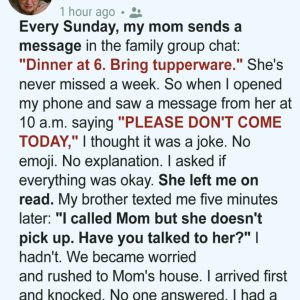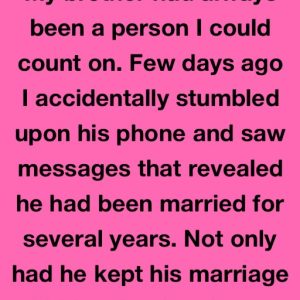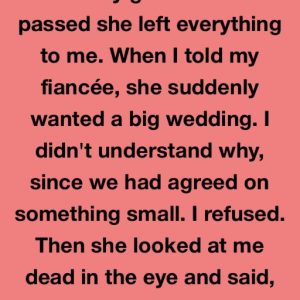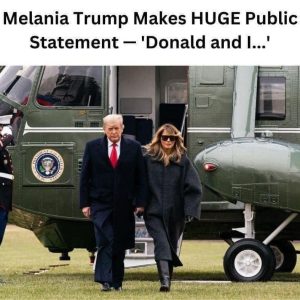FBI ‘Withheld Information’ About Trump Assassination Attempt — What’s Going On
Members of Congress and media commentators raised serious accusations that the FBI failed to share critical evidence tied to the 2024 assassination attempt on former President Donald Trump. ([New York Post][1])
### What We Know So Far
* The would-be assassin, Thomas Matthew Crooks, opened fire at a rally in Butler, Pennsylvania on July 13, 2024. The attack wounded Trump and others, and resulted in the death of at least one rally attendee.
* The FBI concluded after an extensive investigation that Crooks acted alone and found no evidence linking him to a broader network.
* Recent disclosures challenge that conclusion. Lawmakers say previously undisclosed social-media posts by Crooks — containing violent rhetoric, calls for political violence, and alleged extremist content — were not shared with the congressional task-force investigating the attack.
According to those critics, withholding these posts amounted to “stonewalling” the investigation. One congressman described the omissions as “either deliberate or incompetence.”
### Why It Matters — More Than Just Oversight
1. **National security & public safety**
If the shooter had publicly embraced extremist views or advocated violence online, that should have triggered red-flag protocols long before the attack. The fact that such material existed, yet was allegedly withheld, raises questions whether the threat could have been mitigated.
2. **Transparency & trust in agencies**
The FBI’s credibility — especially in politically charged, high-stakes cases — depends on transparency. Withholding evidence undermines public trust and fuels speculation about cover-ups or bias.
3. **Implications for future oversight and policy**
Congress and oversight bodies now demand answers. The withheld information could affect how future investigations are structured, how evidence is shared, and what accountability mechanisms are required.
### Reactions: From Politicians to Media and Public
* Some members of Congress are calling for renewed investigations and possible hearings — demanding that the FBI explain what was withheld, why, and who authorized the decision.
* Critics of the bureau argue that this selective release of information suggests a deeper institutional failure and possible suppression of politically sensitive material. Commentators have said that without full disclosure, the “lone gunman” narrative remains deeply questionable.
* The FBI leadership, however, maintains that all credible leads were pursued — including review of Crooks’ devices, social-media accounts, financial records, and 1,000+ interviews — and that the conclusion stands: Crooks acted alone.
### What to Watch Next
* **Congressional hearings & oversight demands** — With lawmakers demanding accountability, the coming weeks may see subpoenas, testimonies, and pressure for the release of all related evidence, including social-media posts, digital data, and internal FBI communications.
* **Calls for structural reform** — Advocates for transparency may push for stricter laws or policies forcing automatic release of evidence in major investigations — particularly those affecting national security or political figures.
* **Public and media scrutiny** — As more details emerge, public reaction could influence how future shootings or assassinations are covered, and how much scrutiny agencies like the FBI face.
* **Potential reopening of the investigation** — If new evidence (or previously undisclosed evidence) surfaces, there may be renewed attempts to determine whether Crooks truly acted alone or if there were helping hands behind the scenes.
—
## Bottom Line
The allegations that the FBI withheld critical information about the Trump assassination attempt bring into sharp focus the fragile balance between agency secrecy, investigative discretion, and the democratic need for transparency.
Whether this controversy leads to institutional reforms, renewed investigations, or simply deeper public distrust — one thing is clear: for many Americans, the question is no longer *did the attempt happen*, but *what more was hidden — and why?*





